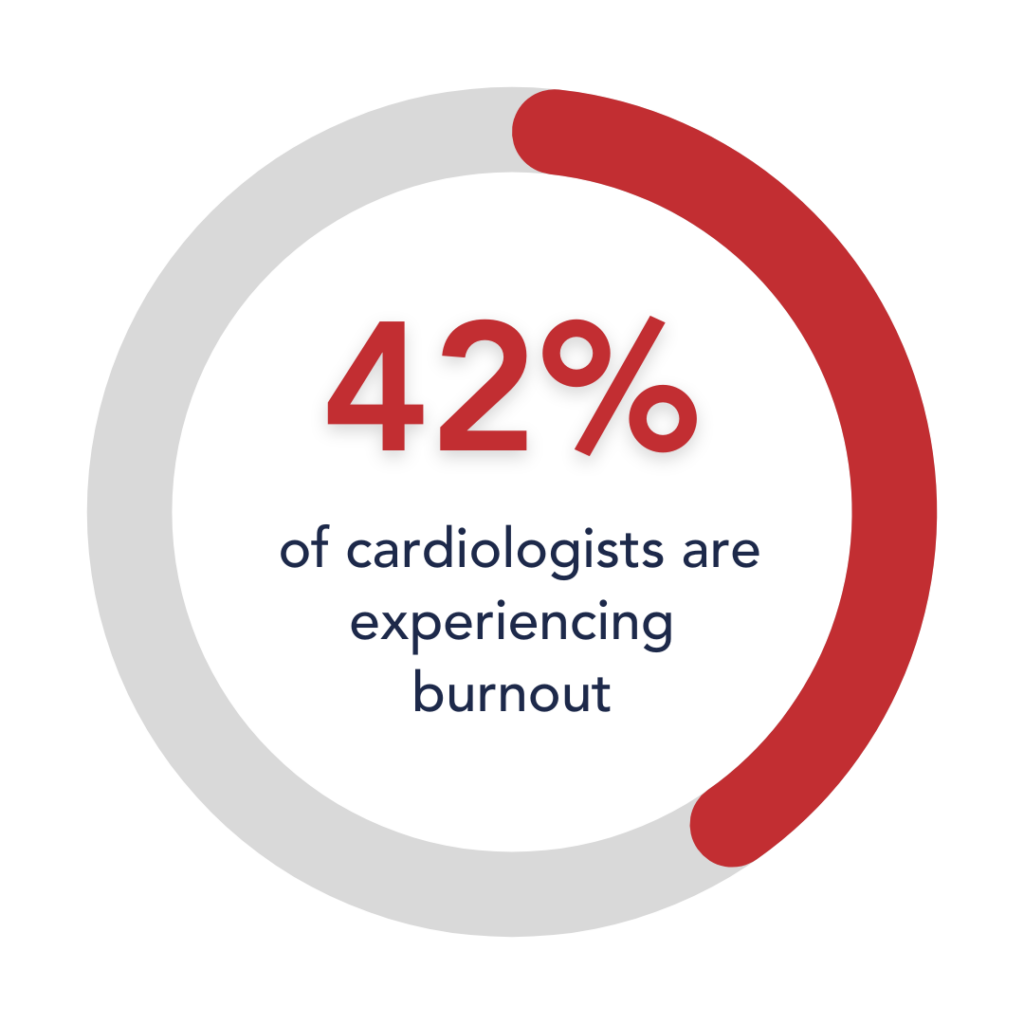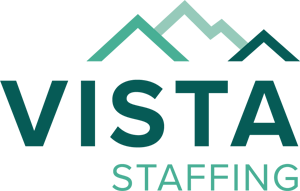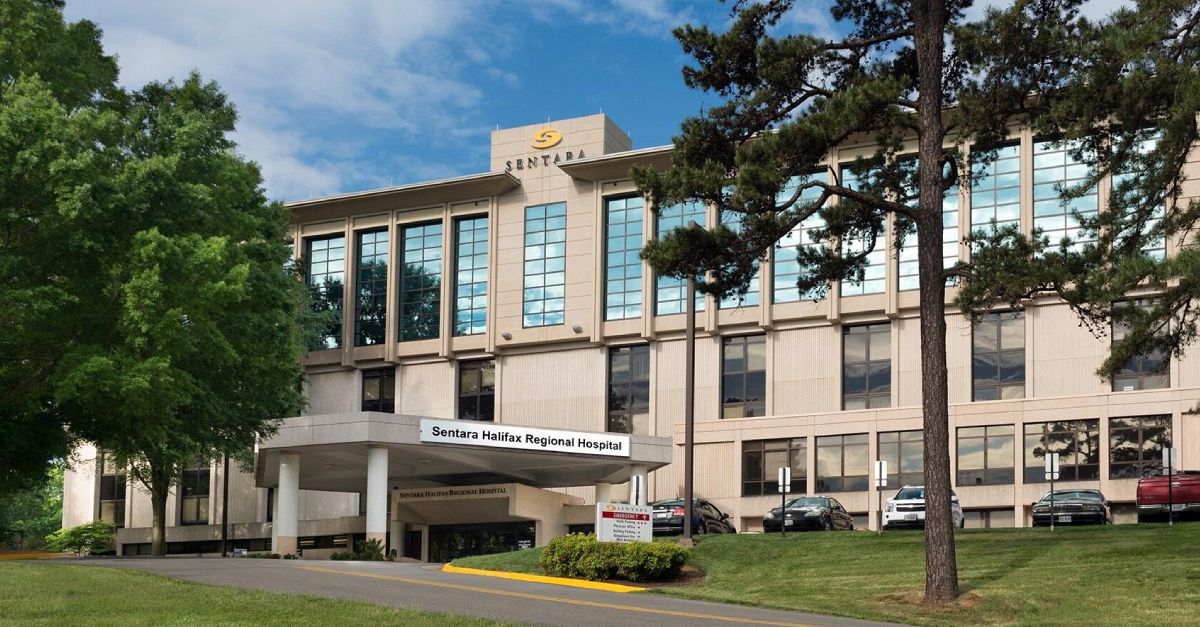
Achieving Work-Life Balance as a Cardiologist: Tips and Strategies
It’s not a secret that working in medicine can be stressful. Cardiologists are a classic example of medical professionals with multiple demands, especially those that work in a hospital setting. They often face high morbidity and mortality, excessive workload, busy schedules, and tedious clerical work.
A recent Medscape survey found that 42% of cardiologists are experiencing burnout. The survey also revealed that female cardiologists experience a higher level of burnout than their male colleagues, with household responsibilities like childcare and homeschooling as top contributing factors.

If left unchecked, physician burnout can have widespread impacts, including:
- Increased risk of errors and accidents: Burnout has been linked to an increased risk of medical errors and accidents, which can have serious consequences for patients.
- Decreased quality of care: Burnout can lead to feelings of cynicism, detachment, and loss of meaning in work, which can result in decreased motivation and effort. This can lead to lower quality of care for patients, as well as increased medical errors.
- Decreased job dissatisfaction and retention: Burnout can lead to decreased job satisfaction and an increased risk of turnover among physicians. This can lead to difficulties in staffing and maintaining a stable medical workforce.
- Strained interpersonal relationships: Burnout can lead to decreased empathy and communication skills, which can make it more difficult for physicians to connect with their patients and colleagues and can even affect a physician’s ability to maintain positive relationships with friends and family.
As a cardiologist, it’s essential to have a healthy balance between your personal life and career. It can be challenging to do so, but there are strategies you can use to achieve a better work-life balance and prevent burnout.
Here are several methods as well as best practices to achieve work-life balance as a cardiologist:
Establishing boundaries and disconnecting from work
It can be tempting to bring work home, especially with the convenience of remote access. However, it’s important to establish boundaries and try to leave work at work. This is especially important for cardiologists, who may feel pressure to use their time at home to catch up on clerical tasks.
To help you disconnect from work and avoid bringing it home, try creating a checklist of tasks to complete at the end of each shift. This can include rounding on patients or addressing any final questions from nurses. If you have a work laptop, consider leaving it at the office to further reinforce the separation between work and home life.

Keep your personal phone number private
You can also set boundaries by keeping your work number separate from your personal phone number. Some clinicians opt for two mobile devices to keep work separate from their personal lives, but you also have the option of creating a second number for your existing device. By keeping your personal phone number private, you can help ensure that you have designated time for rest and relaxation, free from work-related interruptions.
Prioritizing work-life balance: Strategies for navigating after-work activities
Sharing experiences outside of work can be a great way to build relationships and strengthen team bonds. However, it’s important to be mindful of how after-work activities may impact your work-life balance. It’s okay to be selective with which activities you choose to participate in and not feel obligated to attend every single function.
Instead of feeling pressured to attend social gatherings like a night out at the bar, consider group activities that align with your personal values and bring more fulfillment, such as participating in fundraisers and charity work. Remember, the key is to strike a balance and prioritize your well-being.
Set aside time for relaxation and stress relief
Taking breaks throughout the day is crucial for maintaining a healthy work-life balance and reducing the risk of burnout. It may be easier said than done, but even short breaks for fresh air or a quick walk can make a big difference in reducing stress levels and improving overall health.
Engaging in relaxation activities such as meditation and yoga can also be effective in managing stress and finding a sense of balance. By making an effort to prioritize relaxation and stress relief, you can help protect your physical and mental well-being, as well as your ability to effectively focus on your work tasks.
Seek out opportunities with CardioSolution
Interventional Cardiologists like Dr. Nishant Kalra enjoy a consistent 7-on/7-off work schedule when working with CardioSolution. In an interview discussing the benefits of this flexible work model, Dr. Kalra says, “I would promise to make a school event but then get held up at the hospital. Now I’m home for seven days without distraction. […] My quality of life is so much better now.”
CardioSolution offers several different employment models that allow for a more enjoyable lifestyle and the ability to fully realize the rewards of the lifesaving work you do.
If this is the kind of flexibility you want in your career, contact us to learn more.
 company
company 
 (866) 755-7519
(866) 755-7519











